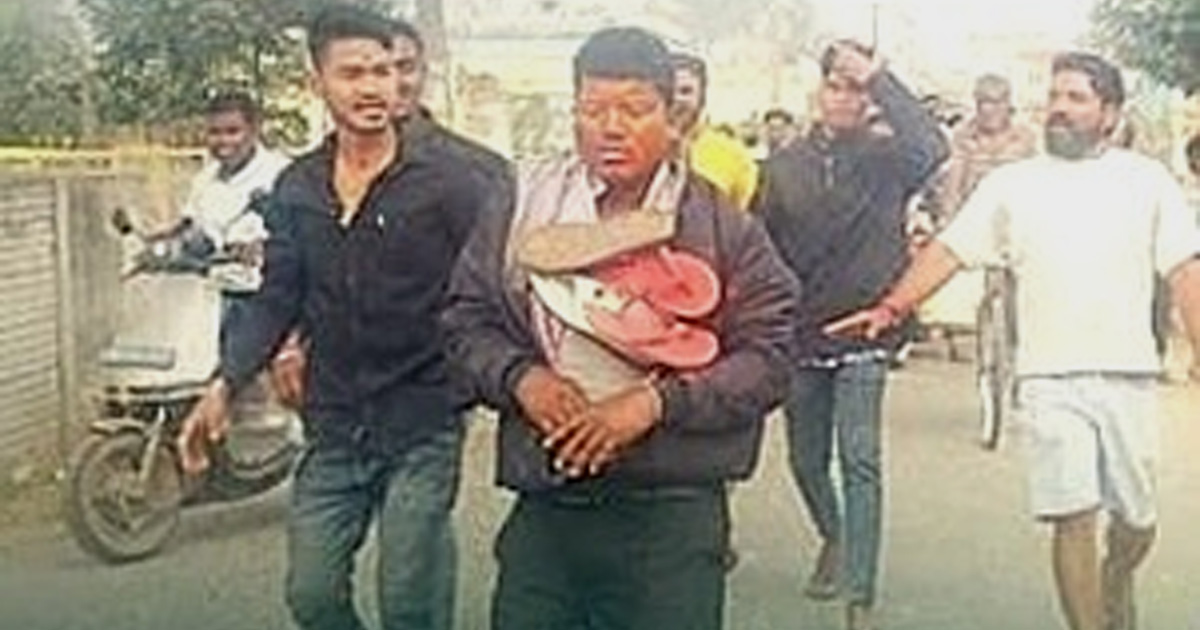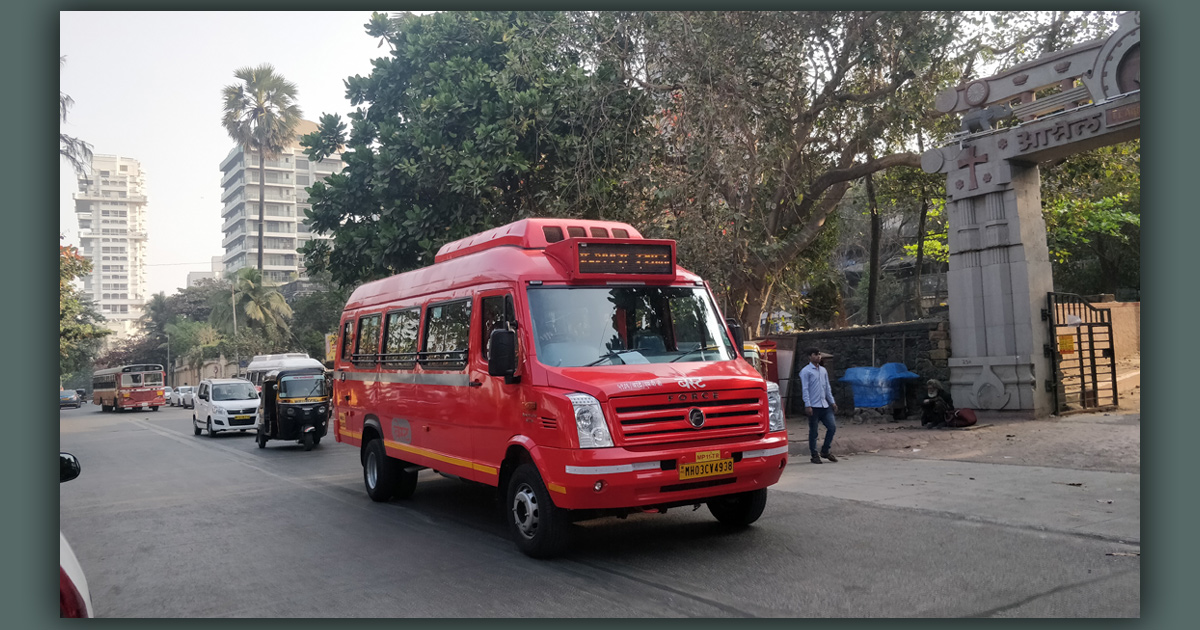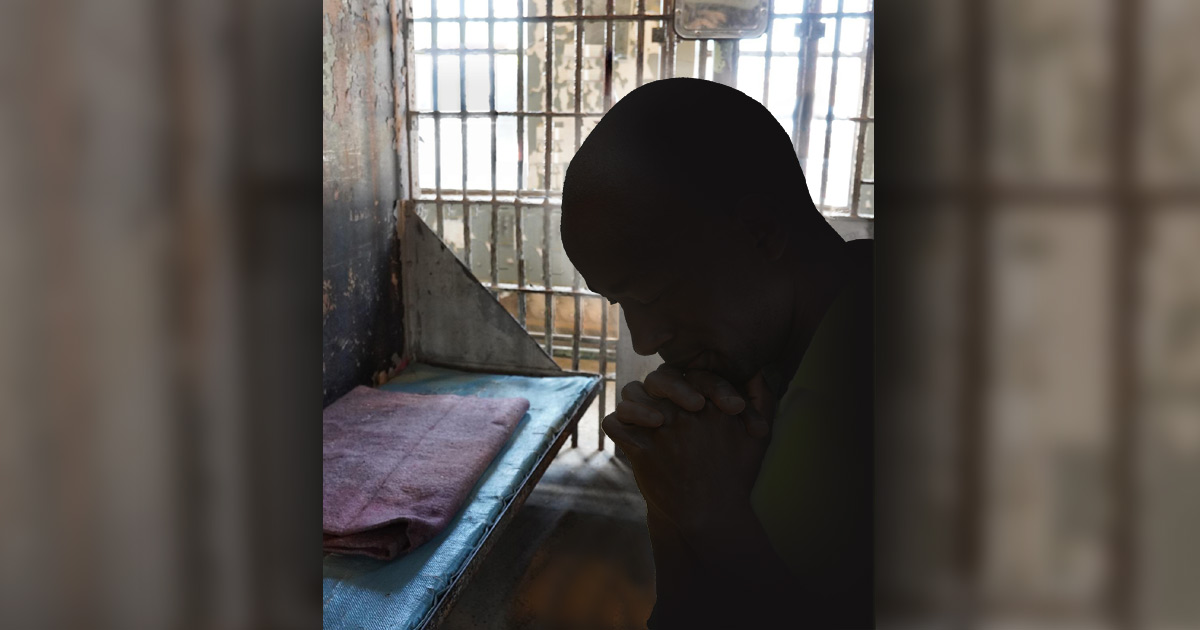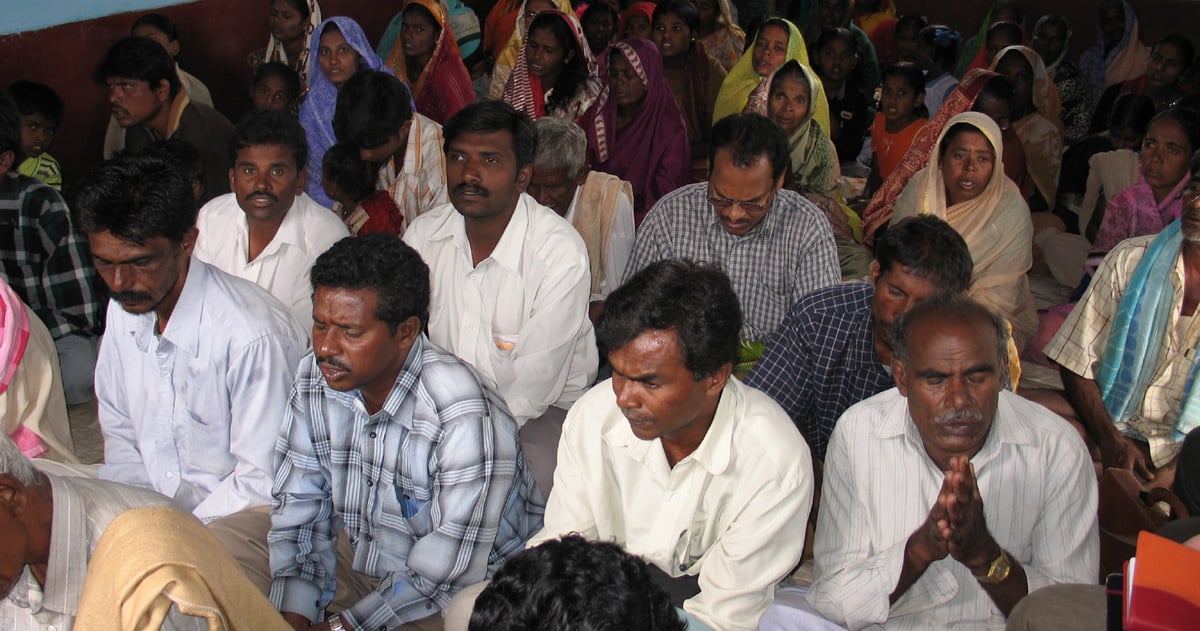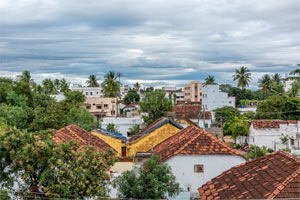 |
| A village in India. |
Christians in a village of India's Chhattisgarh state have reportedly been brutally assaulted by Hindu radicals following the passing of a resolution banning all non-Hindu religious activities in the village.
The incident took place in Karmeri village on September 8th. According to local sources, a mob of over 50 Hindu radicals gathered and surrounded the premises of a church at around 4 p.m. Before any of the believers could ask what was happening, the radicals attacked, assaulting them with wooden clubs and sticks.
When some of the targeted women confronted the radicals, they were brutally beaten with wooden clubs and fists. Two of the Christian women, Pulo Bhai, 40, and Ludri, 35, were seriously injured in the assault and, as a result, had collapsed to an unconscious state.
Tensions between Karmeri's Christian and Hindu communities mounted when construction of a church began in the village. Once news of the church building spread, Suresh Yadav, the district president of the Vishwa Hindu Parishad (a Hindu nationalist organization), convened a village meeting. As a result of the meeting, a resolution was passed banning all non-Hindu religious propaganda, prayers and speeches throughout the entire village. This resolution is similar to ones passed in 50 other villages within the state -- all intended to effectively make Christianity illegal.
Other reports on the challenges facing Christians in the country of India can be reviewed at our India Country Report.
Ask the Lord to minister His healing power upon each of the women who were beaten, including Pulo Bhai and Ludri, fully restoring them to good health. May the local believers of these villages be granted His favour and abundant provision for all their day-to-day needs. Pray that they will also be greatly encouraged and strengthened -- having an increased resolve to not give up their faith nor refrain from meeting together for worship. Additionally, pray that the witness of these Christians will be faithful, forgiving and filled with love for their persecutors so their example may be used by the Lord to bring many Hindus to salvation.

 Population
Population